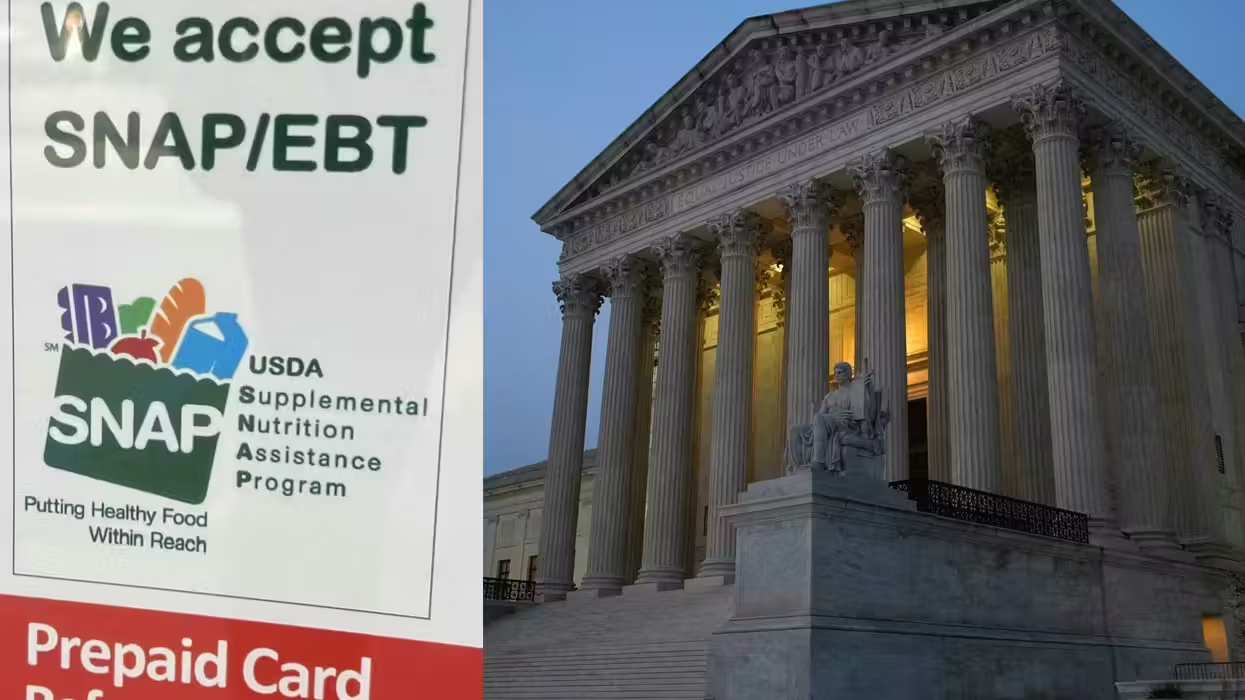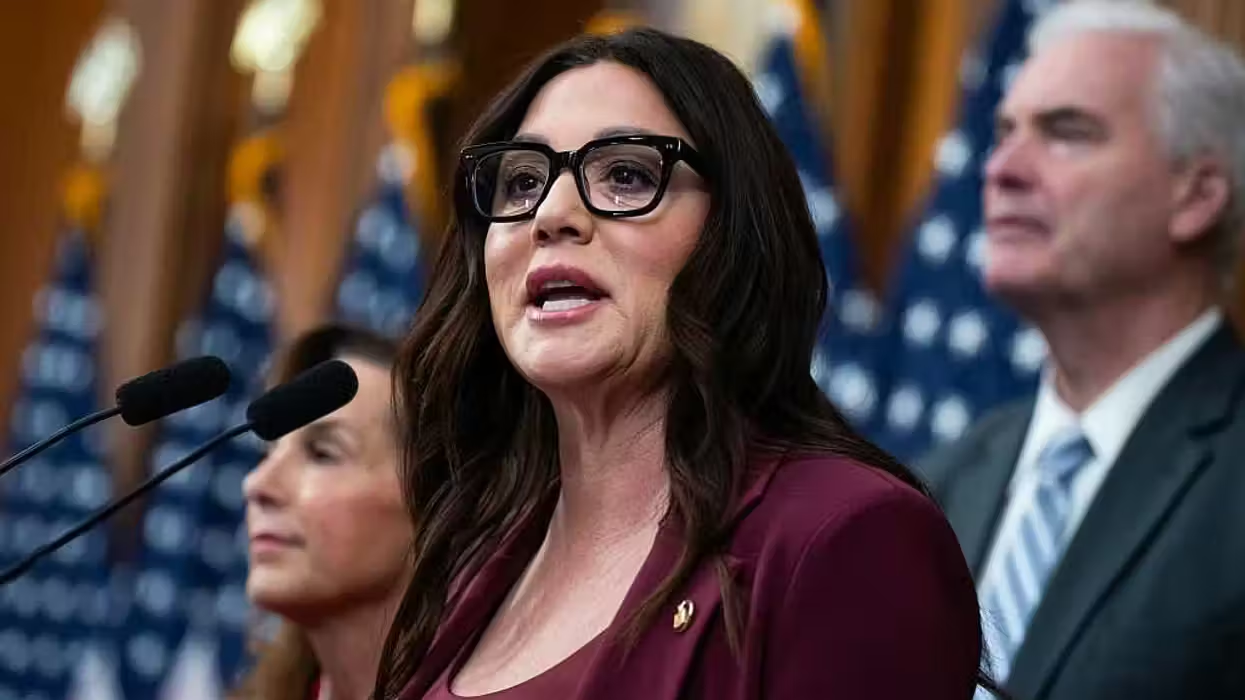© 2025 Blaze Media LLC. All rights reserved.
"The rules detailed in the memos largely emanated from the Treasury Department and, specifically, the IRS.”
Despite billing itself as one of the “most transparent” administrations in history, it appears senior Obama officials implemented rules in 2009 that have slowed down the process of making certain documents available to the public, according to FoxNews.com.
“Those rules, detailed in memos reviewed by FoxNews.com, could even trip up present-day efforts to dig into the IRS' practice of targeting conservative groups,” the report notes. “The rules detailed in the memos largely emanated from the Treasury Department and, specifically, the IRS.”
The cited memos often mention private emails used by administration officials and note how those may have been used to slow requests for government documents.
“According to the documents, the Treasury Department in 2009 set up an additional review for requests involving ‘sensitive information,’ which covered a broad range of items,” the report notes.
“The White House sometimes got involved, slowing down the process. The IRS also acknowledged having another review process for requests from ‘major media,’ but not for requests from private individuals,” the report adds.
Media groups and individuals rely on Freedom of Information Act requests to obtain documentation from the feds. However, as the report notes, the Treasury Department put in place certain obstacles that make it harder for those requests to go through.
“The rules were detailed in a November 2010 memo and report sent from the Treasury inspector general to Sen. Charles Grassley, R-Iowa,” Fox notes.
“The documents showed the Treasury Department set up an additional ‘formal level of review’ for requests for ‘sensitive information,’” the report adds. “This category would cover everything from emails to memos to calendars to travel logs for top department officials, legal advisers, senior advisers and others."
If a certain a request was labeled "sensitive," it would be redirected to a "review committee" consisting of various Treasury officials.
“Further, the document said a special report would be prepared for IRS requests from ‘major media,’" the report continues.
“This covers requests from traditional news media as well as bloggers, and according to the report covered information that "was likely to attract news media or congressional interest, involved large dollar amounts, or involved unique or novel issues.
"This report would then be sent to a higher-up in the division who decided whether the material should be disclosed,” it adds.
Political appointees were apparently not involved in any of these decisions.
Click here to read the full report.
--
Follow Becket Adams (@BecketAdams) on Twitter
Want to leave a tip?
We answer to you. Help keep our content free of advertisers and big tech censorship by leaving a tip today.
Want to join the conversation?
Already a subscriber?
more stories
Sign up for the Blaze newsletter
By signing up, you agree to our Privacy Policy and Terms of Use, and agree to receive content that may sometimes include advertisements. You may opt out at any time.
Related Content
© 2025 Blaze Media LLC. All rights reserved.
Get the stories that matter most delivered directly to your inbox.
By signing up, you agree to our Privacy Policy and Terms of Use, and agree to receive content that may sometimes include advertisements. You may opt out at any time.





